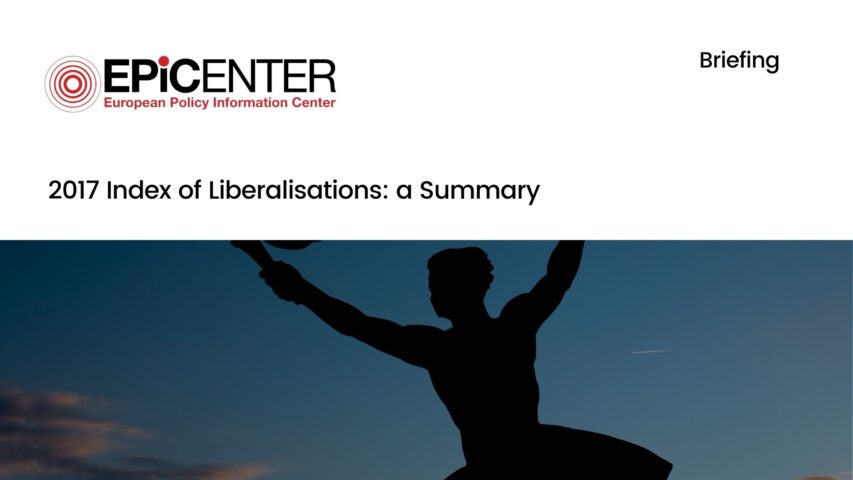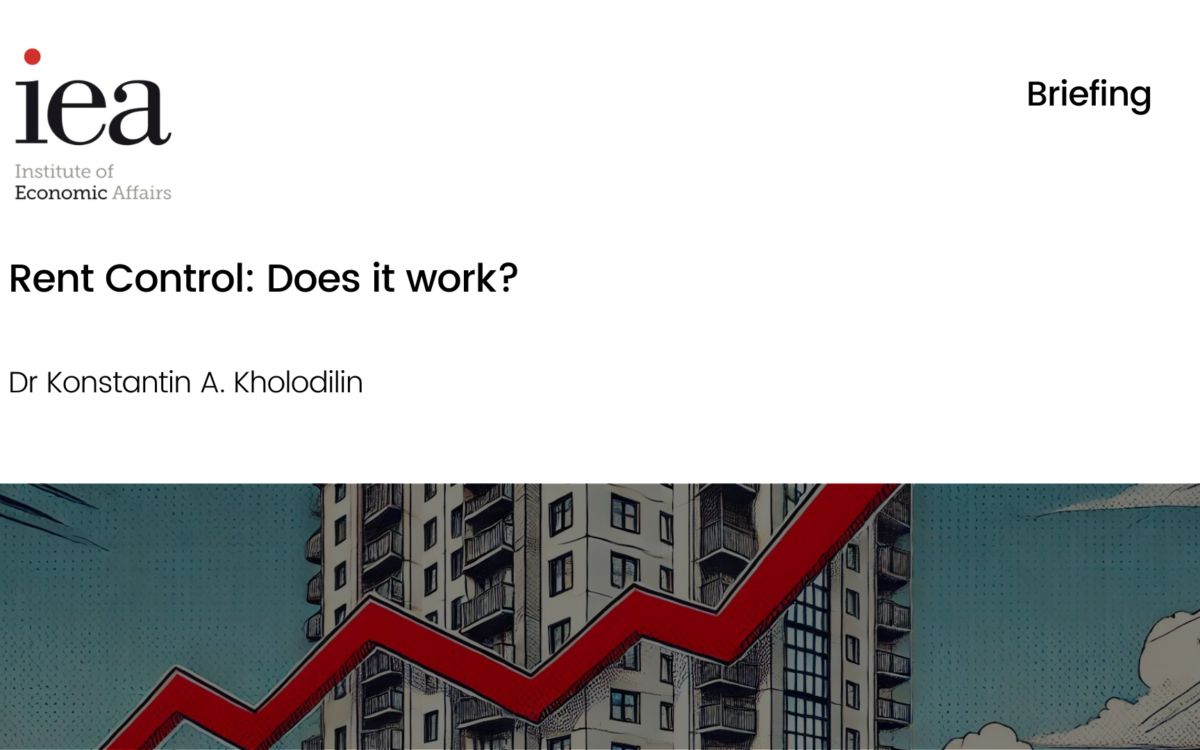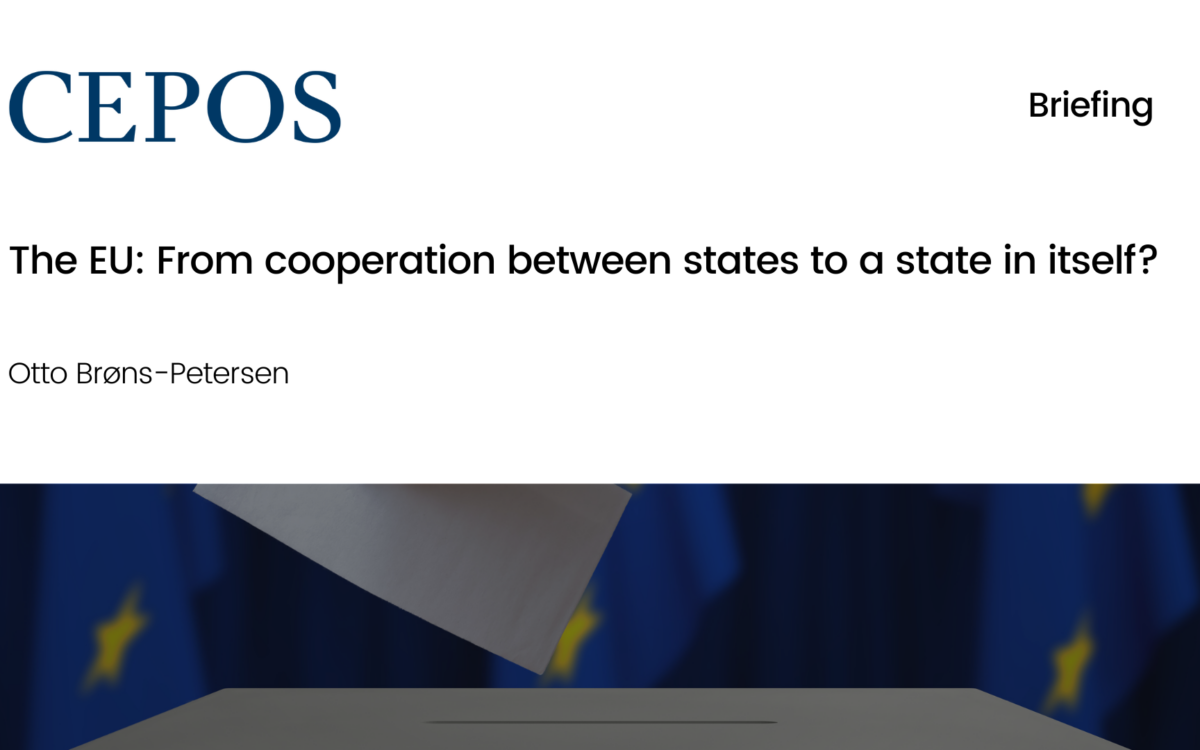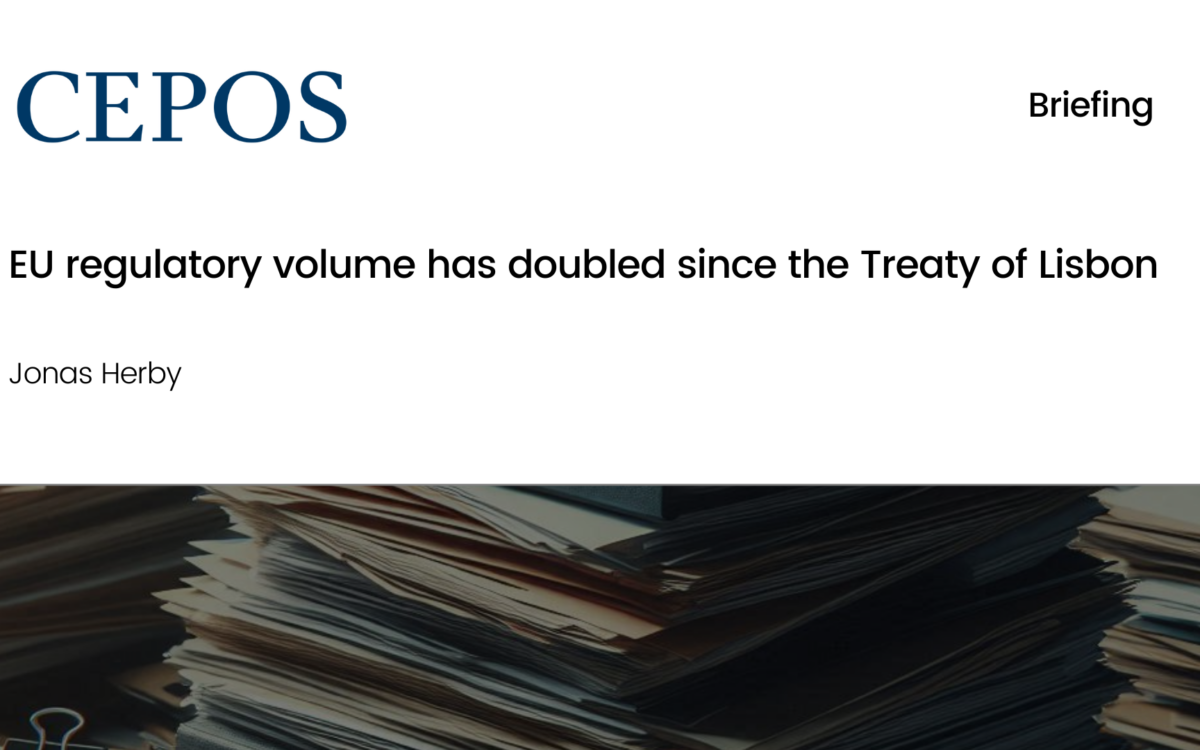2017 Index of Liberalisations: a Summary

2017 Index of Liberalisations: a Summary
December 2017
The 2017 IBL Index of Liberalisations aims to shed light on the degree of openness of the 28 Member States by examining ten different economic sectors. First published in 2007, the Index began classifying all of the 28 EU Member States in 2015.
The top 3 performers in 2017 are the UK, the Netherlands and Spain, which scored 95, 80 and 78 points, respectively. At the opposite end, the three greatest stragglers are Lithuania, Cyprus and Latvia, which collected 56, 55 and 54 points.
The Index shows that there is still a large divide between the 15 old EU Member States and the 13 southern and eastern European countries that joined the Union in 2004, 2007 and 2013. Among the latter, only the Czech Republic and Poland make it into the top ten in 2017.
Since 2015, Belgium (+6 points), France (+5 points) and Italy (+4 points) are amongst the EU countries that have improved the most. Lithuania (-7 points), Estonia (-3 points) and Sweden (-3 points) are the Member States that have lost ground the most. Taken as a single country, the EU has just slightly improved its position since 2015, moving from 66 to 67 points.
Download or share this publication
View the PDF
EPICENTER publications and contributions from our member think tanks are designed to promote the discussion of economic issues and the role of markets in solving economic and social problems. As with all EPICENTER publications, the views expressed here are those of the author and not EPICENTER or its member think tanks (which have no corporate view).



